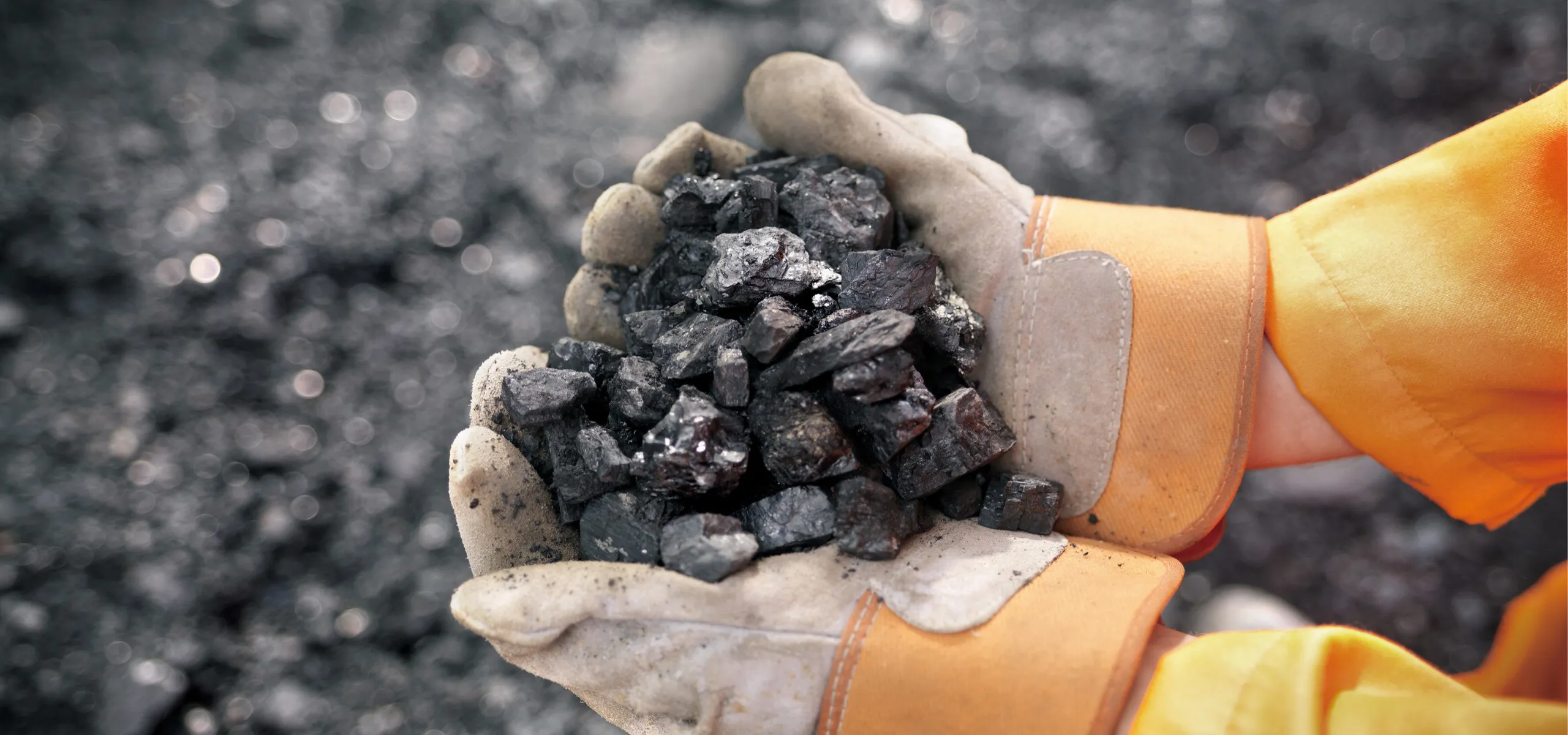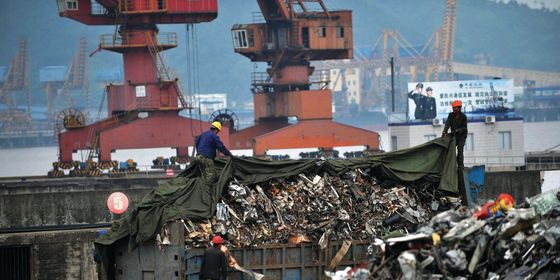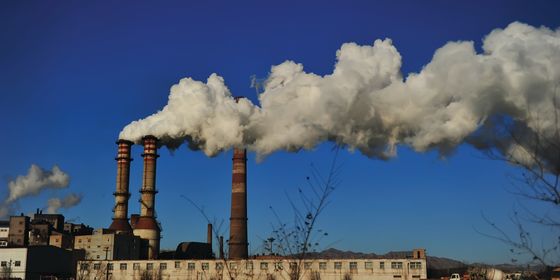Soaring coal prices and environmental protection policies have led to power cuts and lack of heating this winter
As the world’s largest single source of electricity, coal plays a vital role in providing energy worldwide. China, as the world’s biggest coal producer and consumer, has been hugely dependent on the energy source for everything from manufacturing to heating homes.
This winter is forecast to be difficult for China, as rising coal prices have created a rationing system leading to power cuts across the northeastern part of the country especially. A coal shortage linked to environmental policies limiting production has caused the average price of coal to soar from 600 to 2,000 RMB per ton over the past two years, which has not only increased production costs for myriad other industries, but also affected residential power supplies.
Large-scale, unscheduled power cuts in the northeastern part of China, where average winter temperatures hover around minus-20 degrees Celsius, wreaked havoc on residents and small businesses of Liaoning, Jilin, and Heilongjiang provinces in October. Power outages have stopped elevators, turned off traffic lights, and cut off indoor heating. The State Grid Corporation of China, the country’s dominant power distributor, later announced that due to energy shortages, the nation’s whole power grid risks collapsing if residential electricity usage isn’t rationed.
Tong Shujie, a retiree from a village in Heilongjiang, became increasingly worried about the winter’s heating situation as average temperatures reached 0 degrees Celsius in his area in late autumn. According to Tong, families in his area typically buy three to five tons of coal to heat their homes each year. “In previous years, we would already be stockpiling the coal in mid-October, but this year we are still waiting for the price to go down,” he told TWOC in late October.
Besides heating for residents and businesses in China’s coldest provinces, the coal shortage is also having a ripple effect on related industries in the rest of the country. According to Jiemian news, China has been rationing power in over 20 provinces since August.
The owner of a small manufacturing business in Jiangxi province, who wished to go by his surname, Zhang, says that his factory has decreased output by half since local officials introduced routine power outages among manufacturers in the area in September. “There is nothing I can do without electricity. We have to use manual work to replace the machines, but it’s very expensive and inefficient to hire laborers,” says Zhang, who declined to name the industry he is part of.
Exacerbating matters are severe floods that hit Shanxi province—China’s center of coal mining, accounting for a quarter of the country’s coal production—in early October. The disaster forced 60 coal mines to close, according to a local government statement, just when China’s National Development and Reform Commission attempted to increase coal production and control its price.
China has been trying to decrease its coal usage and transform its coal-dependent society to one that utilizes more environment-friendly resources. In fact, since its 13th Five-Year Plan, enacted in 2016, the government has sought to rein in total energy consumption and the intensity of consumption in order to reduce mining activities and carbon emissions.
Meanwhile, China’s domestic coal production is falling short of demand. At the 2021 China Coal Economic Forum in July, Gao Mingyu, head of an energy research team under commodities firm SDIC, estimated there will be a shortage of nearly 627 million tons in China’s total coal supply in 2021. The dust has yet to settle around this issue.
Power Down: Coal Shortages Leave Millions Cold is a story from our issue, “Access Wanted.” To read the entire issue, become a subscriber and receive the full magazine.













